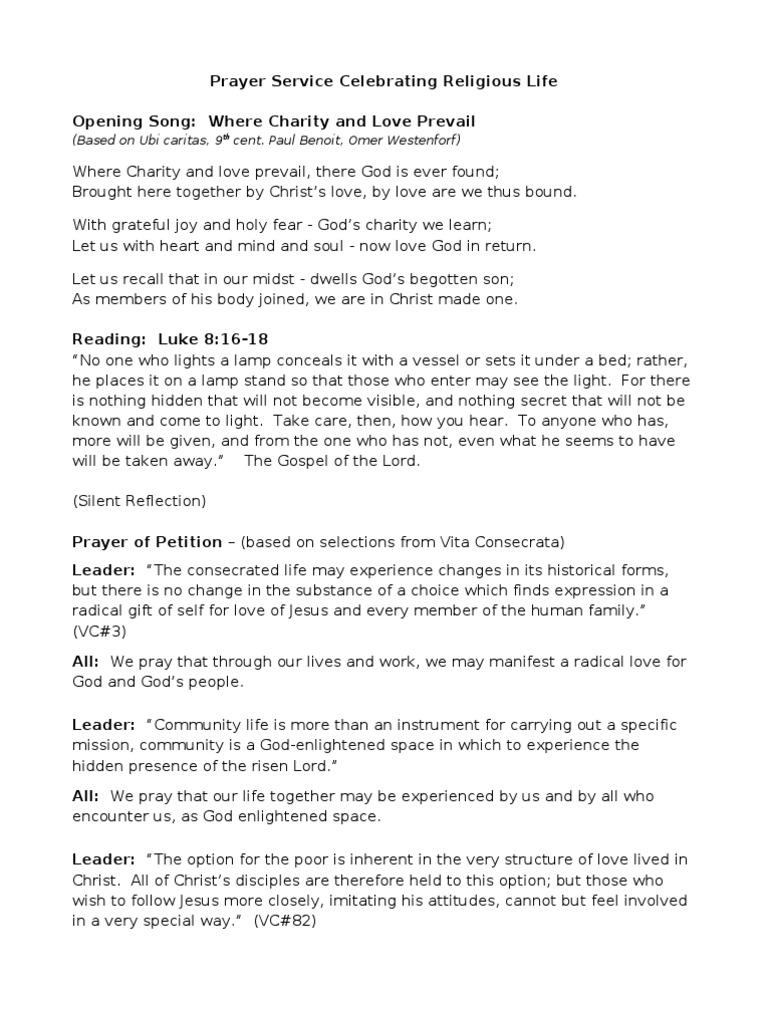The Bahá’í Faith, a relatively young religious tradition emerging in the mid-19th century, is notable for its profound teachings on prayer and service. At the heart of these teachings lies a transformative philosophy that emphasizes the interconnectedness of humanity and the cultivation of spiritual virtues through devotion and altruism. This essay delves into the intricate relationship between prayer and service within Bahá’í teachings, elucidating the varied dimensions of these concepts and inviting reflection on their significance in contemporary society.
To commence, one must understand the fundamental role of prayer in the Bahá’í Faith. Prayer is not merely an act of seeking personal solace; rather, it is a form of spiritual communion that fosters a deep connection with the Divine. Bahá’ís engage in both obligatory and voluntary prayers, which serve distinct purposes. Obligatory prayers, prescribed for specific times throughout the day, are a means of fulfilling spiritual duties and drawing closer to God. In contrast, voluntary prayers allow individuals to express their innermost thoughts and aspirations freely. Together, these forms of prayer create a holistic framework for spiritual development, instilling a sense of purpose and direction in the believer’s life.
An integral aspect of Bahá’í prayer is its emphasis on sincerity and intention. The act of praying is believed to be most potent when performed with genuine devotion. This aspect encourages adherents to cultivate mindfulness, fostering an awareness of one’s thoughts and emotions. As individuals engage in heartfelt prayer, they are invited to reflect on their lives, aspire to moral excellence, and connect with their fellow beings. Bahá’í writings encourage believers to approach prayer not as a mere ritual but as a transformative practice capable of infusing life with meaning.
Furthermore, the Bahá’í teachings posit that prayer should extend beyond personal enrichment to encompass the collective welfare of humanity. This brings us to the complementary nature of prayer and service. While prayer serves to elevate the soul, fostering a deeper relationship with God, service entails the practical application of these spiritual insights within the community and the world at large. Service is viewed as an obligation, a manifestation of one’s faith that compels individuals to act benevolently towards others.
The Bahá’í perspective on service is expansive. It transcends mere philanthropic gestures and is rooted in a profound commitment to social justice and equality. Bahá’ís are encouraged to engage in acts of service that contribute to both the material and spiritual advancement of society. This active participation in the betterment of the world is seen as both a moral duty and a spiritual practice, closely aligned with the ethos of selflessness central to Bahá’í teachings.
One cannot overlook the significance of community in this discourse. The Bahá’í Faith champions the concept of community as an essential context for both prayer and service. Regular communal prayers create a sense of belonging, reinforcing the belief that individuals are stronger together. Additionally, collective service initiatives often arise from these spiritual gatherings, allowing Bahá’ís to pool their resources, talents, and time in pursuit of common goals. This communal approach not only enhances the impact of their efforts but also nurtures a spirit of unity, reflecting the interconnected nature of humanity.
In exploring different forms of service, one encounters a variety of avenues through which Bahá’ís contribute to societal progress. Educational initiatives, for example, are paramount in Bahá’í service undertakings. The pursuit of knowledge is greatly esteemed, and Bahá’ís are encouraged to engage in teaching efforts that promote literacy, empowerment, and critical thinking. This commitment to education is viewed as a means of uplifting humanity, creating pathways for individuals to realize their potential and contribute meaningfully to their communities.
Additionally, social and economic development projects are other avenues through which Bahá’ís enact their principles. These initiatives may encompass microfinance, health care access, and environmental sustainability. Such endeavors reflect the Faith’s holistic approach to development, addressing both the material and spiritual needs of individuals. Service becomes an expression of love, guided by an understanding of the interconnectedness of all life.
Moreover, interfaith dialogue is a significant component of Bahá’í service. The Faith advocates for unity in diversity, recognizing that the myriad of religious traditions around the world each contribute to humanity’s collective understanding of the Divine. As Bahá’ís engage with individuals from different faith backgrounds, they foster mutual respect and collaboration towards shared ideals of peace and justice. This commitment to dialogue exemplifies the belief that through understanding and cooperation, societies can transcend divisions and build a harmonious global community.
In synthesizing these aspects, it becomes evident that the Bahá’í approach to prayer and service is not merely an ideal but a comprehensive blueprint for spiritual living. The emphasis on sincere prayer acts as a catalyst for conscious service, motivating individuals to better themselves and their communities. This interplay is essential in nurturing a society founded on principles of justice, equity, and compassion.
In conclusion, the Bahá’í teachings on prayer and service present a remarkable paradigm for living. By integrating deep spirituality with active service to humanity, Bahá’ís embody a commitment to personal and collective transformation. This rich tapestry of beliefs and practices invites believers and non-believers alike to explore the profound impact of prayer and service, contributing to a more just and compassionate world. As individuals reflect on their own lives, they are encouraged to consider how they can enact the principles of the Bahá’í Faith, fostering a spirit of unity and purpose in their communities and beyond.
